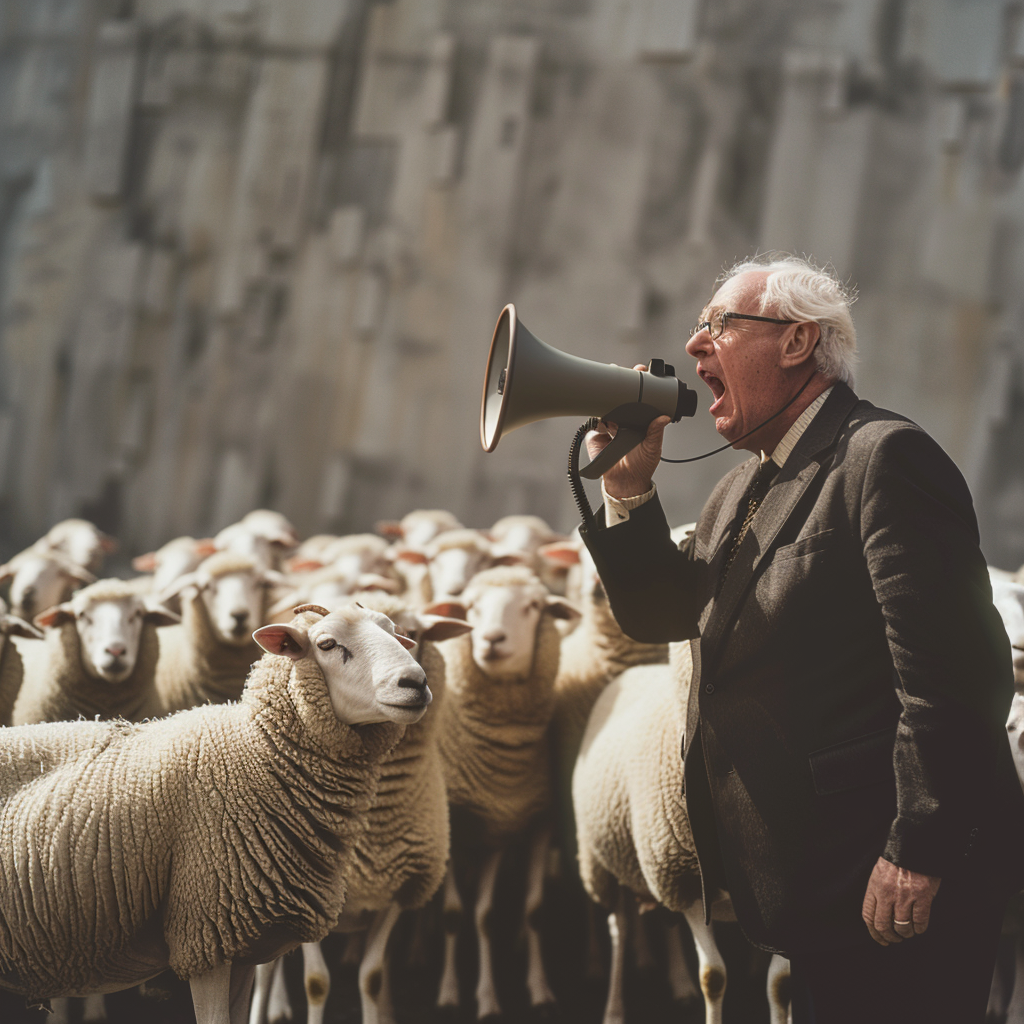From harsh self-criticism to self-compassion
Self-compassion – the path to inner peace Imagine this: You make a small mistake at work and suddenly a wave of devastating self-criticism washes over you. Does this sound familiar? You’re not alone – studies show that up to 80% of people regularly suffer from destructive self-criticism. But there is a better way: self-compassion. In […]









